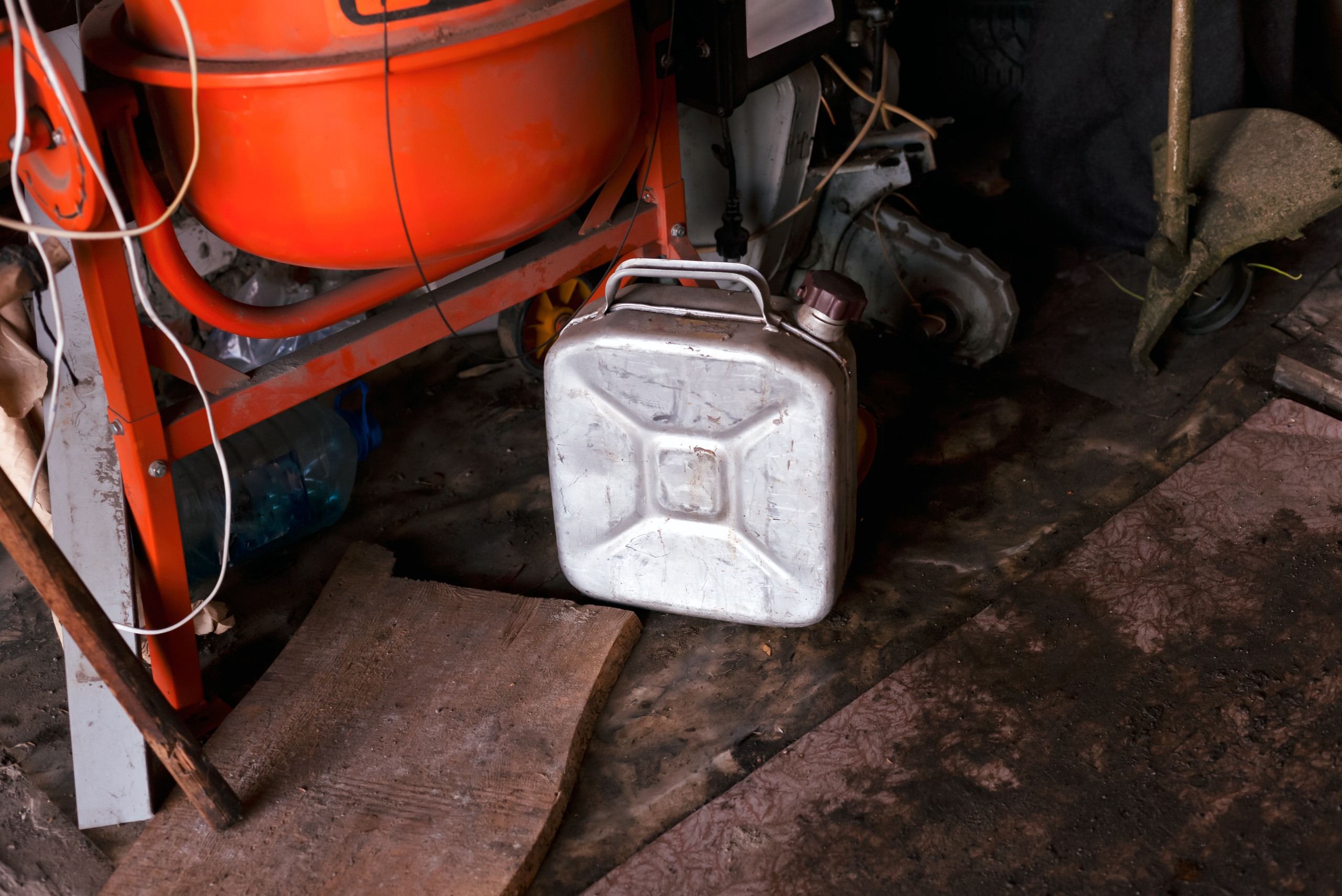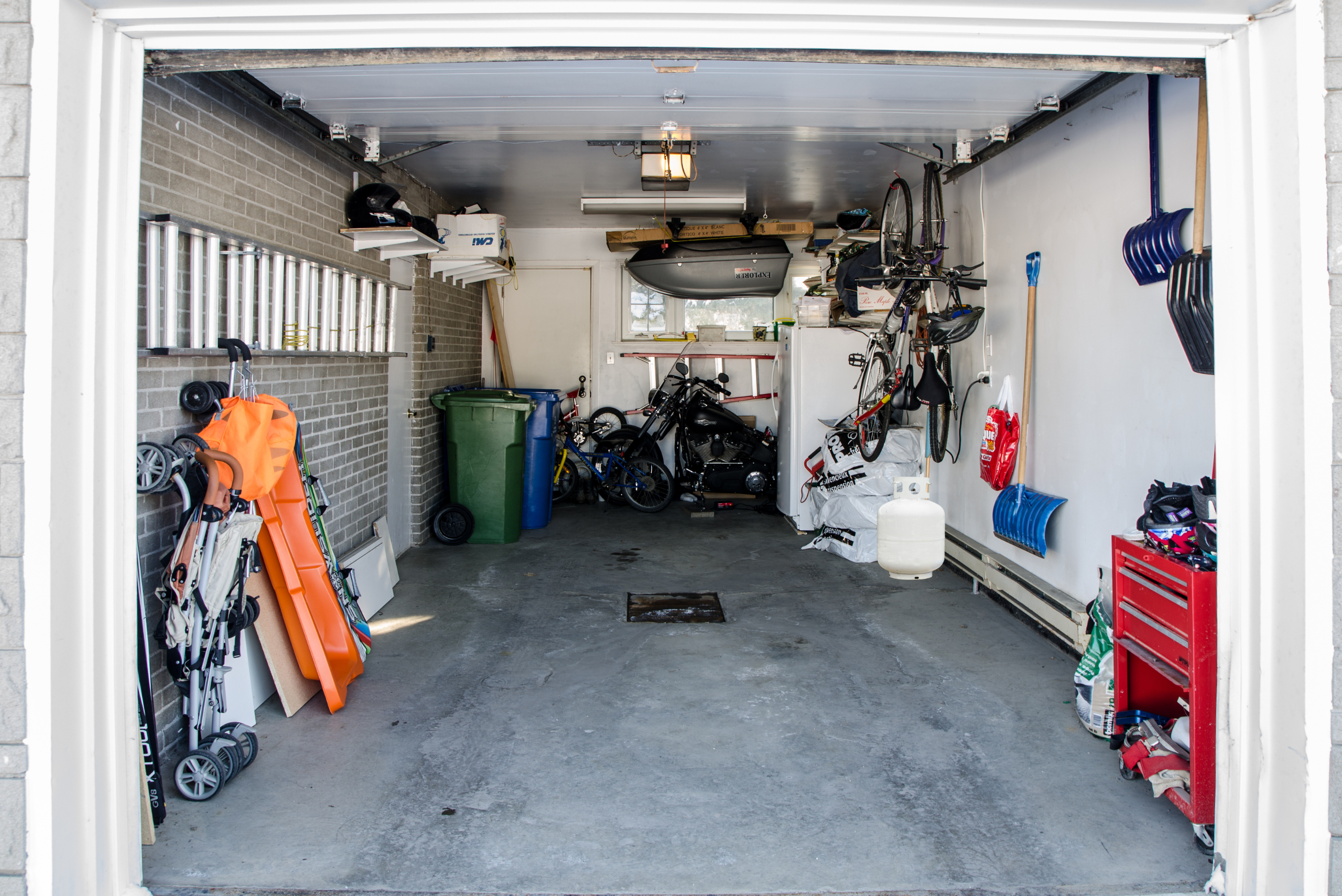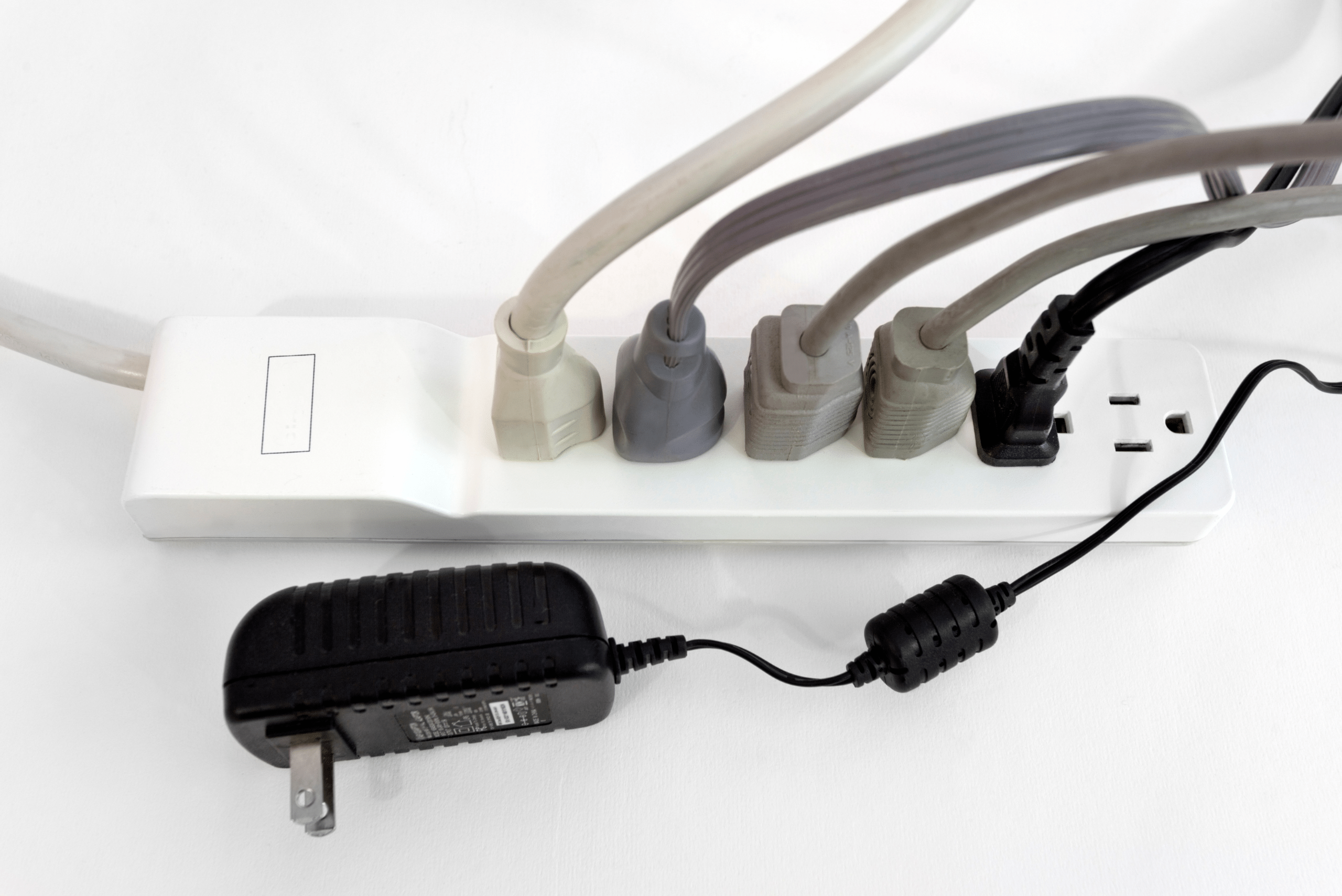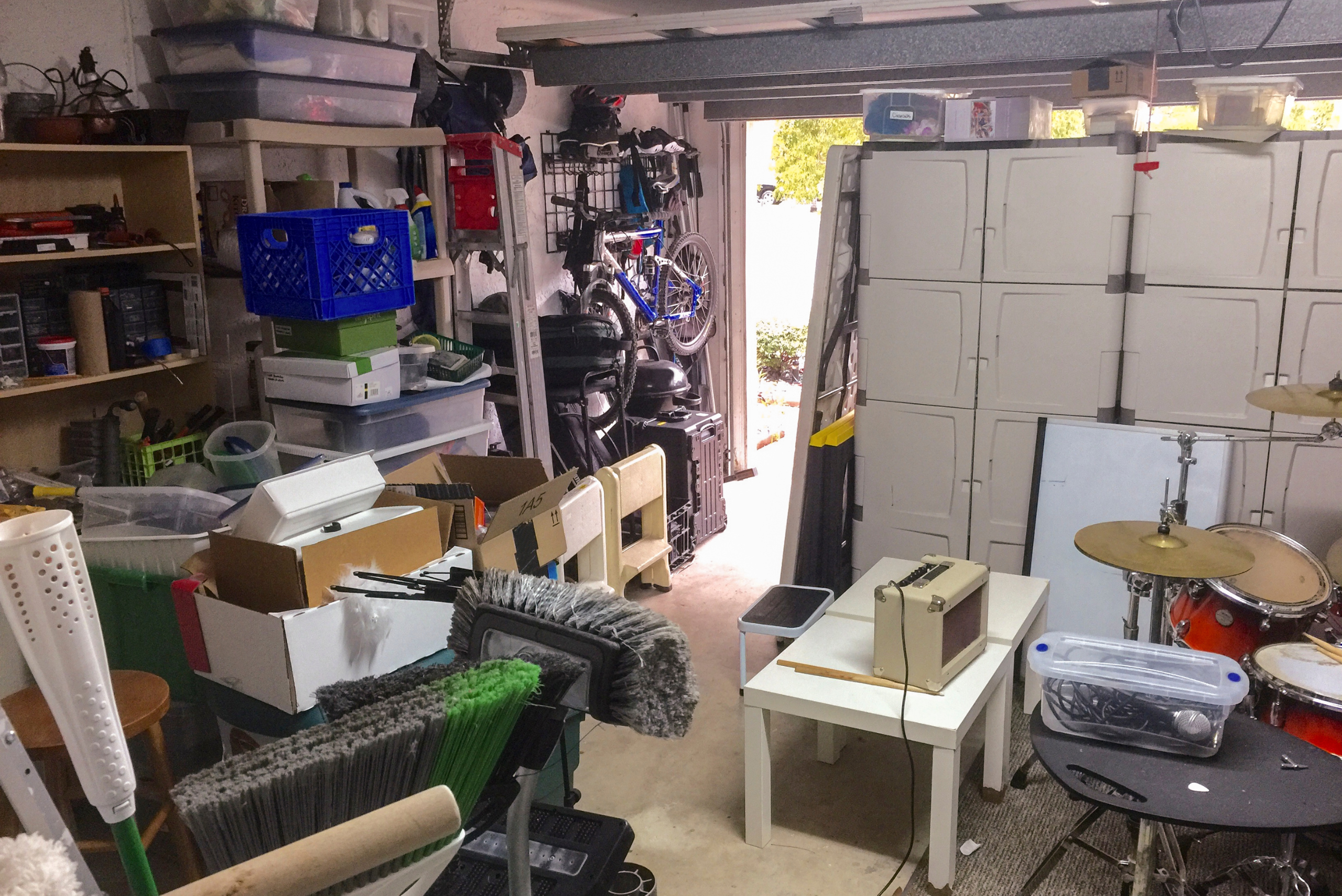Is Your Garage a Fire Hazard? Clear Out These Items Now!
Your garage might be more than just a storage space—it could be a hidden fire hazard. With its combination of flammable materials, poor ventilation, and often cluttered conditions, the garage can be a dangerous ignition point if left unchecked. In this article, we’ll highlight common items that increase the risk of fire in your garage and explain why you should remove or properly store them to protect your home and family.
1. Flammable Liquids: Store Them Safely Elsewhere
Items like gasoline, paint thinners, and certain cleaning products are common in garages, but they’re also highly flammable. When stored in poorly ventilated or crowded spaces, these liquids release vapors that can easily ignite with just a small spark, even from something as simple as static electricity.
Instead of keeping these items in your garage, store them in a well-ventilated outdoor shed or a fire-resistant container specifically designed for flammable materials. Always keep them tightly sealed and away from any potential ignition sources, such as electrical outlets or appliances.

2. Old Newspapers and Cardboard: A Tinderbox Waiting to Ignite
Stacks of old newspapers, cardboard boxes, and other paper materials are a fire hazard waiting to happen. These items are highly combustible and can quickly fuel a fire, especially if they’re stored near heat sources or electrical equipment.
Clear out any unnecessary paper products from your garage and recycle them promptly. If you need to store cardboard boxes, make sure they’re in a cool, dry area far from flammable liquids or heat-producing appliances. For long-term storage, consider using plastic bins instead.

3. Propane Tanks: A Hidden Explosion Risk
Propane tanks are commonly used for grills and camping equipment, but storing them in your garage can be extremely dangerous. Even a small gas leak can fill the enclosed space with flammable vapor, turning your garage into a potential explosion zone.
Always store propane tanks outdoors in a well-ventilated area, away from direct sunlight and heat sources. Check for leaks regularly and make sure the valves are tightly closed when not in use. Never store propane tanks near electrical devices or flammable liquids.

4. Overloaded Power Strips: An Electrical Fire Waiting to Happen
In today’s tech-driven world, it’s easy to overload power strips with tools, appliances, and chargers. However, overloading an electrical circuit can generate excessive heat and spark a fire, especially in the often dusty conditions of a garage.
Inspect your garage for overloaded power strips or extension cords. Limit the number of high-wattage devices plugged into a single outlet, and avoid using cheap or damaged power strips. For safety, consider having a licensed electrician install additional outlets or upgrade your garage’s electrical system to handle the load.

5. Clutter and Poor Organization: A Recipe for Disaster
A cluttered garage not only makes it difficult to find what you need but also creates a serious fire hazard. Piles of miscellaneous items can block ventilation, hide flammable materials, and make it harder to escape or control a fire if one starts.
Take time to declutter and organize your garage. Keep flammable items separated and stored in appropriate containers, and ensure clear pathways to exits. Regularly sweep and clean your garage to reduce dust and debris, which can also fuel fires.

Related Articles
- Handy Garage Hacks To Maximize Storage Space
- Simple Steps to Build DIY Floating Garage Shelves
- Prevent Your Garage Door from Freezing Shut This Winter
Your garage doesn’t have to be a fire hazard. By identifying and removing risky items like flammable liquids, old papers, propane tanks, and overloaded power strips, you can create a safer environment for your home and family. Regular decluttering and proper storage solutions can go a long way in reducing the risk of garage fires. Take action today to ensure your garage is as safe as it is functional.









